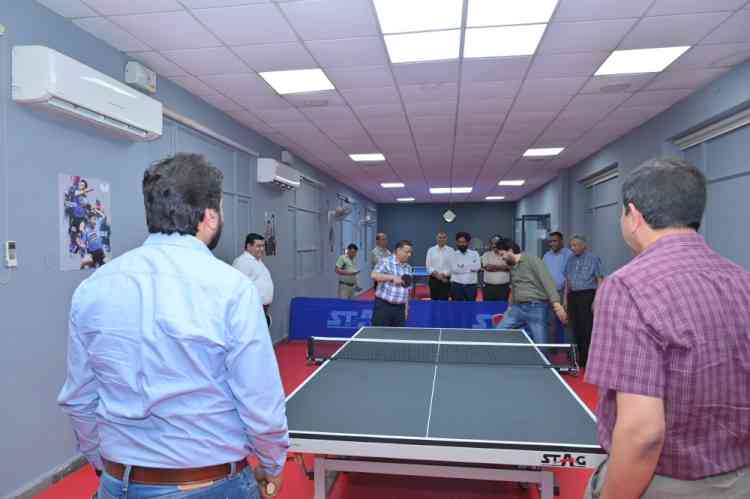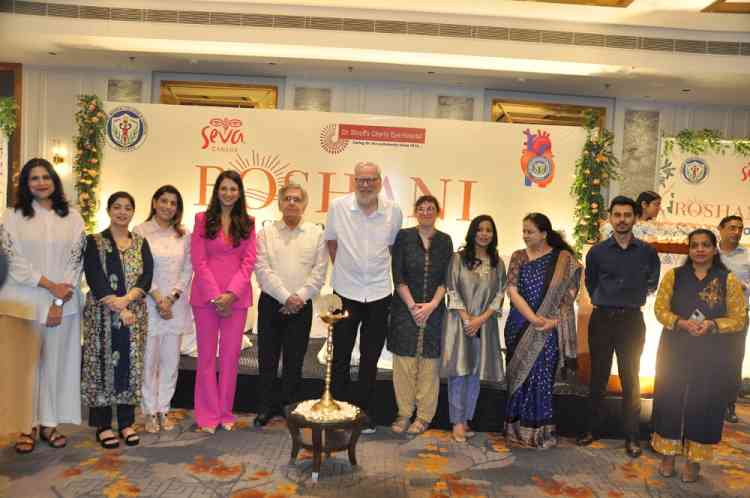PAU-KVK Ropar conducts training on improved rabi oilseed cultivation practices
The PAU Krishi Vigyan Kendra (KVK) Ropar, under the Directorate of Extension Education, Punjab Agricultural University (PAU), Ludhiana, and ICAR ATARI Zone-1, organized a training programme on October 21, 2024, focusing on improved cultivation practices for Rabi oilseeds. The training took place across the villages of Abiana Kalan, Majher, Massewal, Chikna, Ghanaur, and Nard, with a total of 242 farmers and farm women participating.

Ludhiana, October 23, 2024: The PAU Krishi Vigyan Kendra (KVK) Ropar, under the Directorate of Extension Education, Punjab Agricultural University (PAU), Ludhiana, and ICAR ATARI Zone-1, organized a training programme on October 21, 2024, focusing on improved cultivation practices for Rabi oilseeds. The training took place across the villages of Abiana Kalan, Majher, Massewal, Chikna, Ghanaur, and Nard, with a total of 242 farmers and farm women participating.
The training was conducted as part of the "Cluster Frontline Demonstrations on Oilseed Crops for Rabi" and the "Cluster Frontline Demonstration on Oilseed Modal Village (OMVs)" under the National Food Security Mission (NFSM).
Dr. Satbir Singh, Deputy Director of KVK Ropar, stressed the importance of crop diversification, especially with oilseed crops, and highlighted the health and economic benefits of canola varieties of rapeseed mustard. Dr. Ankurdeep Preety, Assistant Professor (Agroforestry), outlined the recommended cultivation practices for Rabi oilseeds, while Dr. Urvi Sharma, Assistant Professor (Plant Pathology), provided insights into the management of insect pests and diseases that affect these crops. Dr. Sanjeev Ahuja, Associate Professor (Horticulture), encouraged farmers to consider processing their produce to boost farm income.
As part of the initiative, seeds of gobhi sarson variety GSC 7 and Raya variety PBR 357 were distributed to beneficiaries in the selected villages to support their cultivation efforts.


 City Air News
City Air News 










